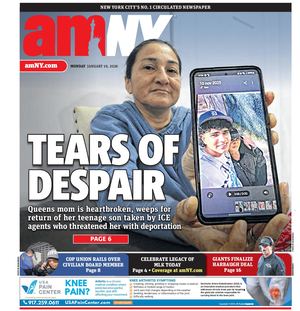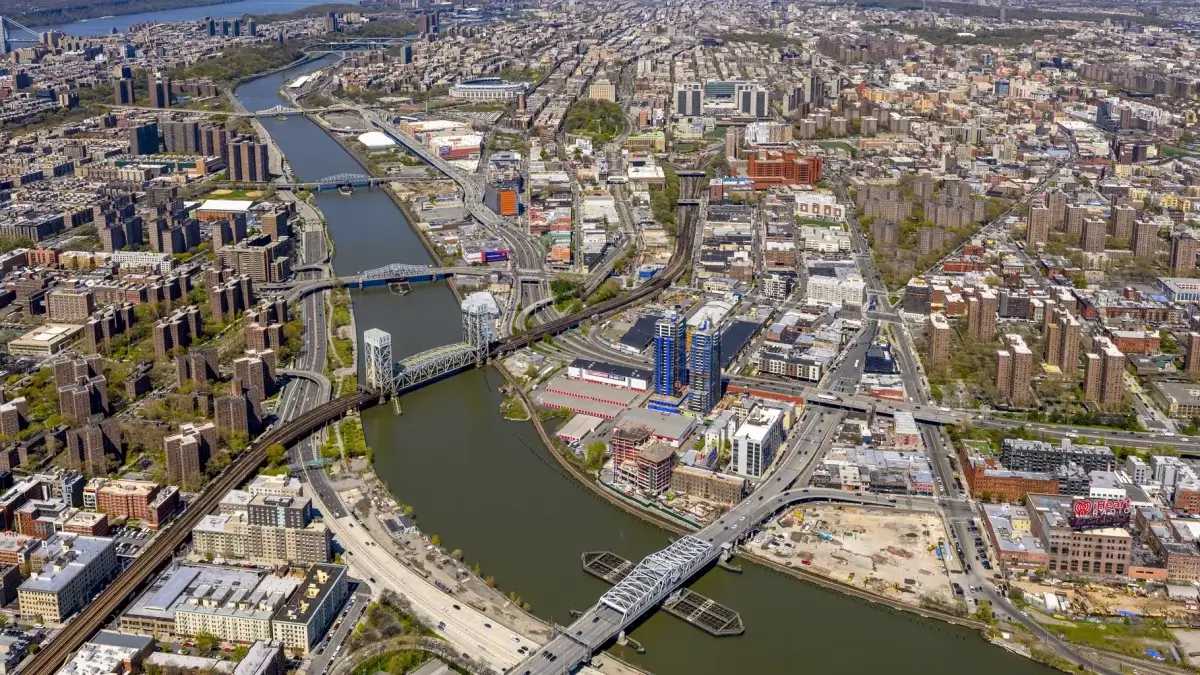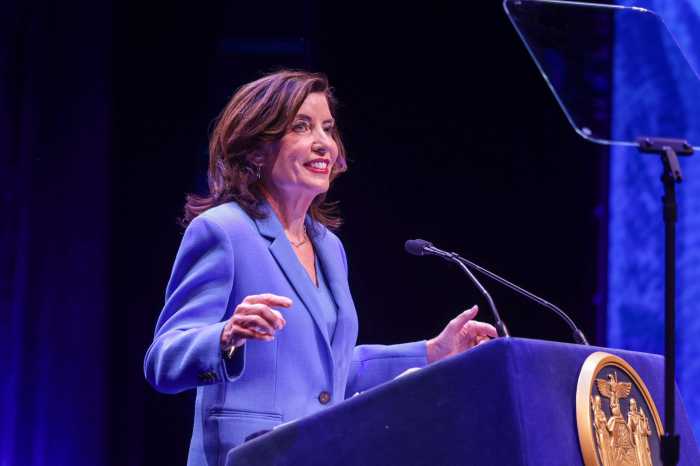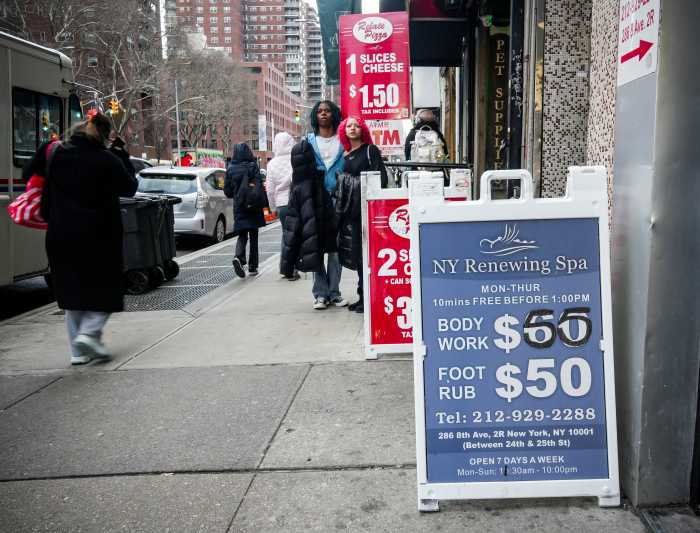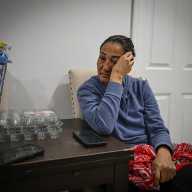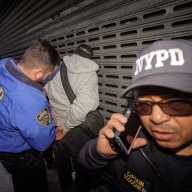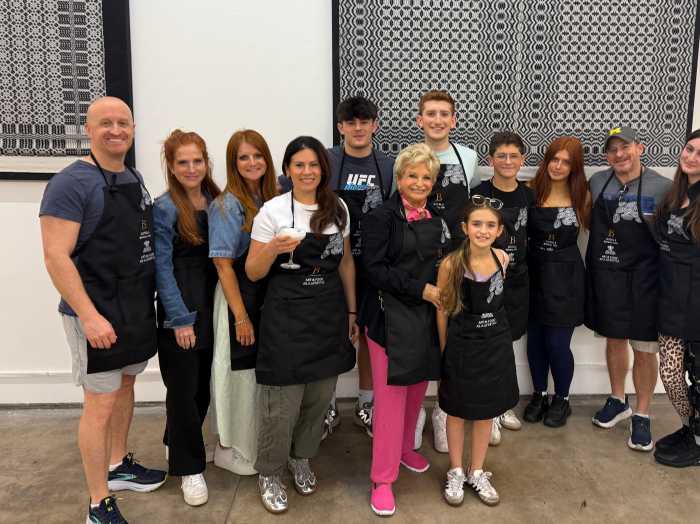New York City is a living, breathing, ever-evolving organism. Yet, amid this perpetual transformation, one aspect remains remarkably outdated: zoning regulations. Enter the City of Yes for Economic Opportunity (COYEO), an initiative poised to overhaul these antiquated rules and pave the way for a more vibrant and equitable future.
While COYEO represents a meaningful step in the right direction, its current form fails to confront an elephant in the room: the urgent need to regulate last-mile distribution facilities. Today’s City Council Zoning and Franchises Subcommittee Hearing provides an important opportunity to make clear why COYEO must weigh in on the effects of these mega-facilities.
E-commerce growth has reshaped the urban landscape in ways few could have imagined. While online shopping offers unparalleled convenience and choice, it has unleashed a torrent of logistical challenges, particularly the proliferation of these sprawling facilities. Often hidden in plain sight, they’re the linchpin of this supply chain, facilitating rapid deliveries to consumers around the clock.
However visible they may be, from increased traffic congestion to air pollution and safety hazards, last-mile distribution facilities take a toll on neighboring communities. Due to our antiquated zoning regulations, the Department of City Planning treats them like traditional warehouses that can be built “as-of-right” in manufacturing districts, which are often in environmental justice communities.
This is where COYEO must rise to the challenge.
New York City adopted its zoning resolution in 1961, the same year Robert F. Wagner Jr. was re-elected Mayor and West Side Story was released as a film. While the world around us has undergone profound economic and technological transformations, our zoning codes have failed to keep pace. For too long, our city has lacked coherent and adequate planning to meet our needs. This disconnect has hampered economic growth and left many communities struggling to adapt to the realities of the 21st century.
COYEO can ensure that last-mile facilities don’t remain unchecked by requiring special permits for the operation of large-scale facilities, contingent on rigorous assessments of their impact on traffic, safety, and the environment; empowering communities to have a say in the placement of these facilities; and holding developers accountable for mitigating their adverse effects.
COYEO represents more than just a zoning overhaul; it is an opportunity to build a city that works for all. By regulating last-mile facilities, we can ensure they’re good neighbors who respect our streets, sidewalks, lungs, and homes. The time for action is now.
Authored by Council Member Alexa Avilés (D-Red Hook and Sunset Park) and Kevin Garcia of the New York City Environmental Justice Alliance.
